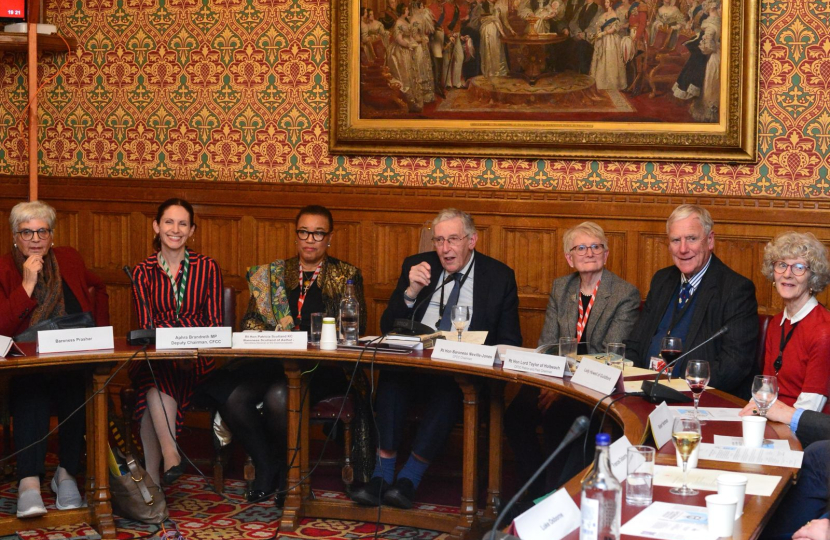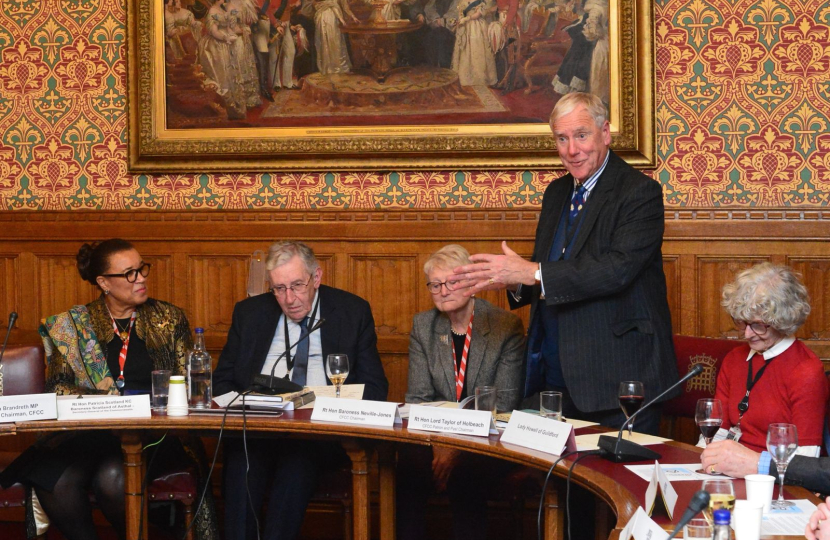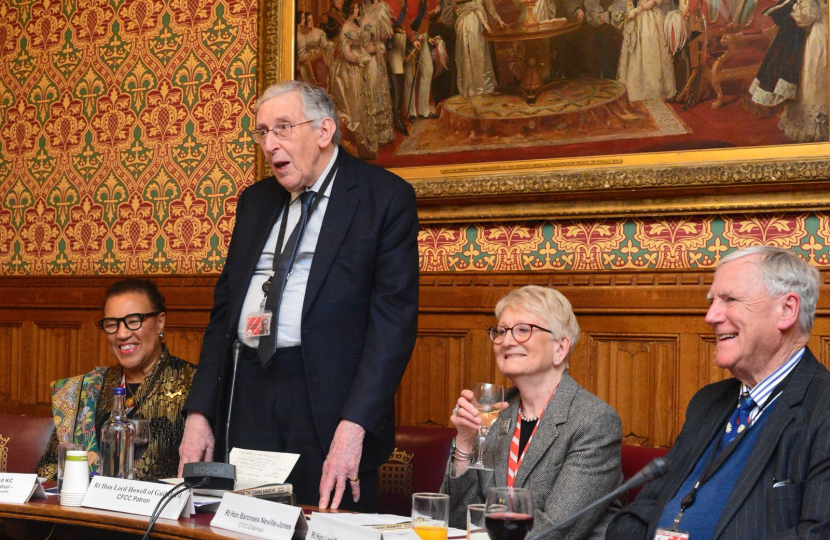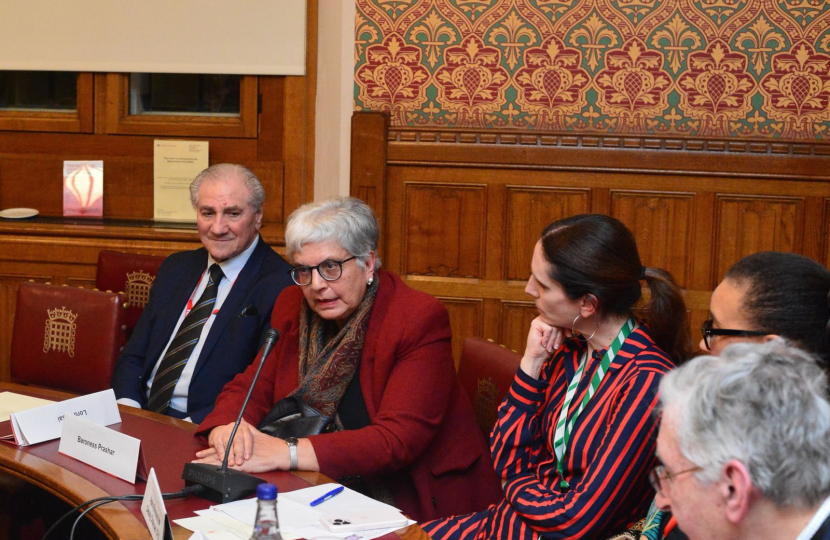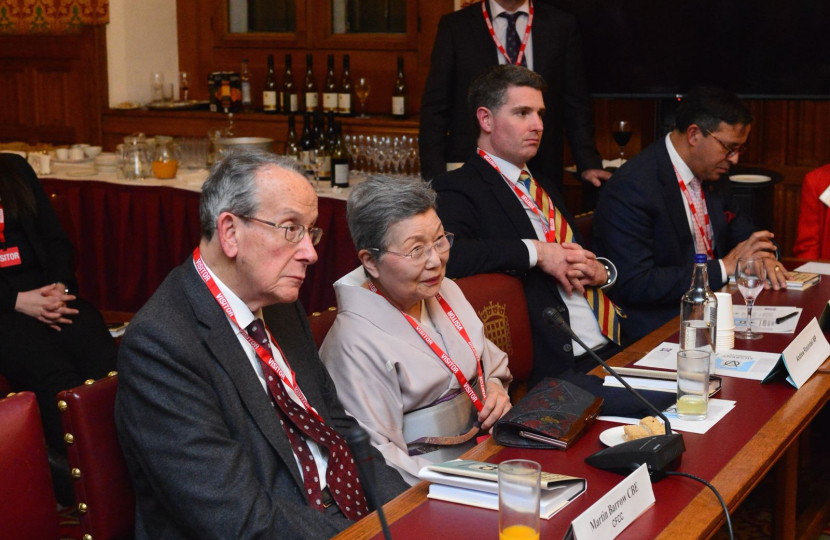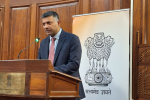Avoiding the Coming Anarchy
By the Rt Hon Lord Howell of Guildford
Conservative Foreign and Commonwealth Council Patron
Having had the pleasure of listening to Lord Howell speak for a number of years now, read much of his extensive written work, heard first-hand his thoughts and opinions, and even spoken alongside him, ‘Avoiding the Coming Anarchy’ – his latest in a long line of published work – feels like the culmination of much of his recent work examining the changing global order in which we all reside and operate.
Perhaps most revealing of Lord Howell’s outlook for what many observers predict a rather bleak immediate future, the subtitle of his latest volume, ‘A short book for optimists in dangerous times’, belies his belief in the potential for change, in hope and optimism, and in understanding that a coming anarchy is far from inevitable, if we can be truthful in our prognosis of the challenges we face.
In this edited volume of no less than twenty-five separate but entwined essays and columns written over the last five years, Lord Howell expertly dissects many of the growing challenges to the international rules-based order, and to global freedoms and good governance. In a nod to the eternal optimist – and, in this case, to the hopeful optimist in us all – amongst the forensic analysis which bounds these chapters together, some golden threads of recovery begin to emerge.
Rooted in this diagnosis for the coming instability and potential for anarchy, Lord Howell recommends a number of thoughtful strategies for policy makers, planners, and citizens of the free world to consider; first, that the centre ground must hold. Whilst the political centre naturally ebbs and flows left and right, the roots of a fair centre must hold, giving balance and pause for thought. All too often we see what happens when populism takes over in the absence of a strong centre. Most crucially, the fundamental premise of the ‘national bargain’, which has held nations and its peoples together since Westphalia, must not be lost in the tide of populism.
Second is the belief in the Commonwealth of Nations, the remarkable group of 56 like-minded nations who share many similar values, principles, and beliefs. There is no doubt at all that the multipolar world shapes us as nation-states, but the Commonwealth as an engine for growth, good governance, and shared values, must be prioritised further if we are to meet many of these challenges head-on.
Central in this vision of global unrest and potential for anarchy is the almost unique role that microchips and semiconductors have in today’s world. The affect every single unit, from the family to the state to the global order itself, comparable to the enlightenment and to the industrial revolution for their ability to totally dominate the world, and shape the direction in which we turn for some of these answers how to avoid the coming anarchy. Once more we must shun populism, and trust more in our global friends and allies in like-minded organisations and institutions like the Commonwealth, which we must drive forwards with renewed effort. All too often we are reactionary, caught off-guard asleep at the wheel of global events – we must re-learn how to be proactive, all risk being left behind to the populists who abandoned the centre ground and with it the national bargain.
We must at once recognise that we are indeed not just in trouble times, but thanks to the microchip and the technological revolution that we are at the birth of witnessing, we are also at a key point in human history affecting the very pattern of human relationships, and with it, the evolution of human institutions. For us to avoid this coming anarchy, we must embrace these changes whilst working with allies and partners who share common principles, whilst staying true to the nation-state and our citizens in times of growing uncertainty. There is indeed hope ahead, and these essays provide the blueprint.
Rob Clark

